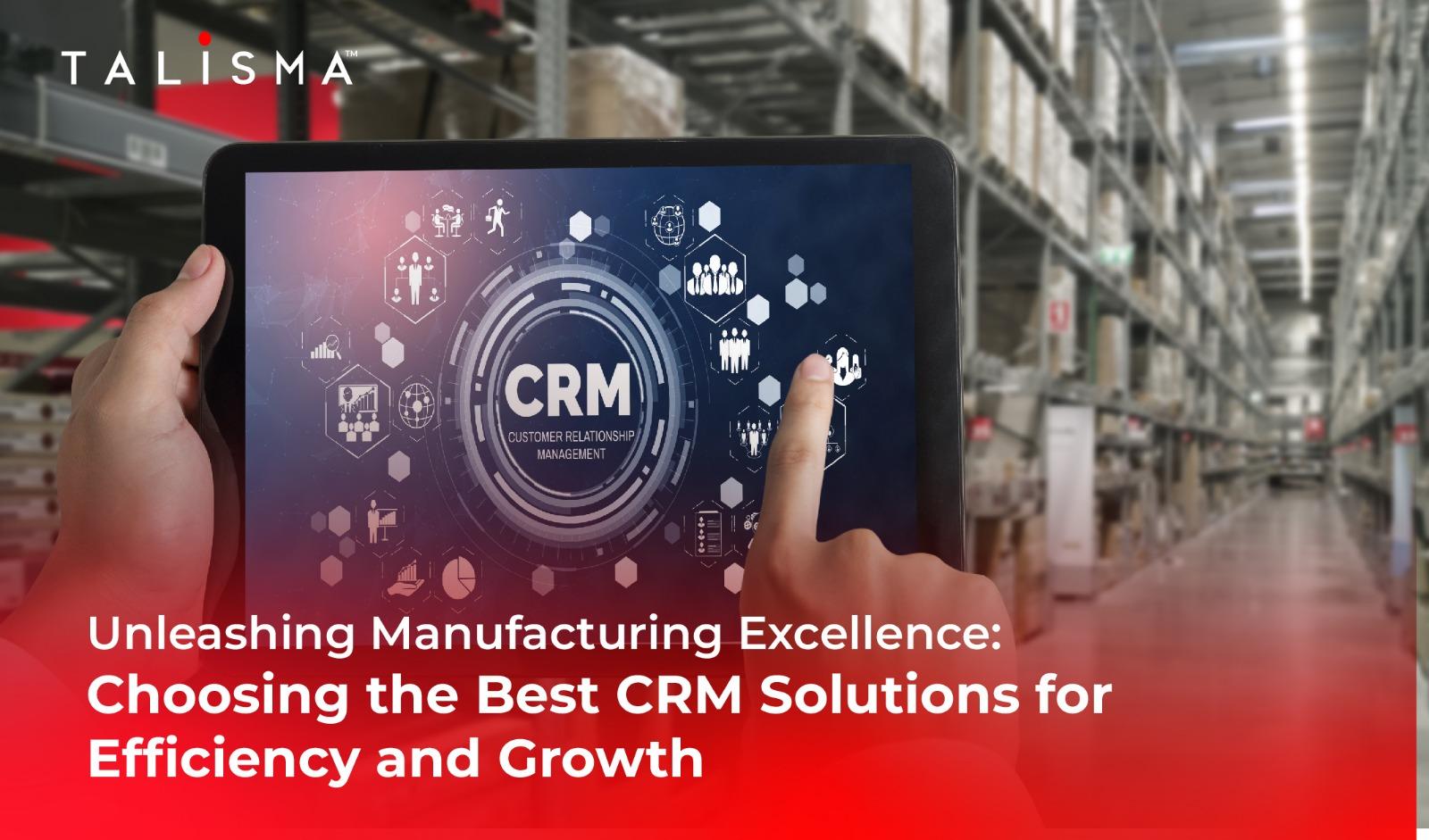Best CRM for manufacturing takes center stage in this discussion, highlighting the crucial role of CRM systems in managing customer relationships within the manufacturing sector. As businesses strive for efficiency and growth, the right CRM can make all the difference.
This article delves into the unique challenges faced by manufacturing companies, the key features to look for in a CRM system tailored for this industry, and real-life case studies showcasing the success stories of implementing CRM in manufacturing.
Overview of CRM for Manufacturing

Customer Relationship Management (CRM) plays a crucial role in the manufacturing industry by helping businesses effectively manage their interactions with customers. CRM systems are designed to streamline processes, improve customer satisfaction, and drive sales growth within manufacturing companies. Key features of a CRM system for manufacturing include lead management, order tracking, and customer support functionalities.
Specific Needs of Manufacturing Industry
Manufacturing companies face unique challenges such as complex supply chains, varying customer demands, and intense competition. CRM tools can address these challenges by providing insights into customer preferences, automating sales processes, and enhancing communication with suppliers. CRM systems also play a significant role in improving supply chain management by facilitating collaboration between different departments and ensuring timely delivery of products.
Key Features to Look for in CRM for Manufacturing
Essential features that a CRM system should have for manufacturing businesses include integration with ERP systems, customizable reporting tools, and mobile accessibility for field sales representatives. It is important to compare CRM systems tailored specifically for manufacturing with generic CRM solutions to ensure that the chosen platform meets the industry’s specific requirements. Integrations with ERP systems are crucial for better efficiency in managing customer relationships and operational processes.
Case Studies and Success Stories, Best crm for manufacturing

Several manufacturing companies have successfully implemented CRM systems to improve sales performance and increase customer satisfaction. By utilizing specific CRM platforms, businesses have seen improvements in lead conversion rates, reduced customer churn, and enhanced customer service. These success stories demonstrate the tangible benefits of implementing CRM in the manufacturing sector.
Closing Summary

In conclusion, the best CRM for manufacturing is not just a tool but a strategic asset that empowers businesses to enhance sales, improve customer satisfaction, and optimize operations. By investing in the right CRM solution, manufacturing companies can unlock their full potential and stay ahead in today’s competitive market.
FAQ Compilation: Best Crm For Manufacturing
What are some unique challenges that manufacturing companies face that CRM can address?
Manufacturing companies often struggle with complex sales processes, inventory management, and supply chain coordination, all of which can be streamlined and optimized with the right CRM tools.
How do CRM systems help in improving supply chain management within the manufacturing sector?
CRM systems provide visibility into customer demand, enabling better forecasting and inventory management. This leads to improved coordination between production, distribution, and sales teams, ultimately enhancing supply chain efficiency.
Why is integration with ERP systems significant for manufacturing CRM?
Integration with ERP systems ensures seamless data flow between different departments, such as sales, finance, and production. This integration enhances operational efficiency, data accuracy, and decision-making processes within manufacturing businesses.
